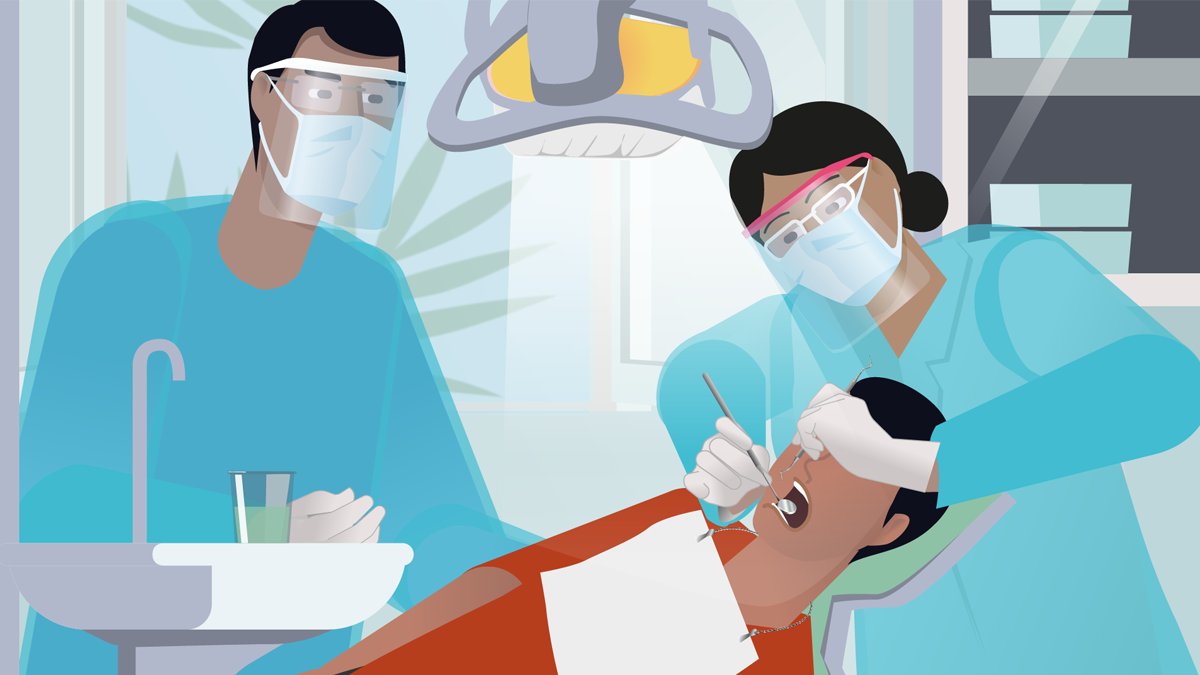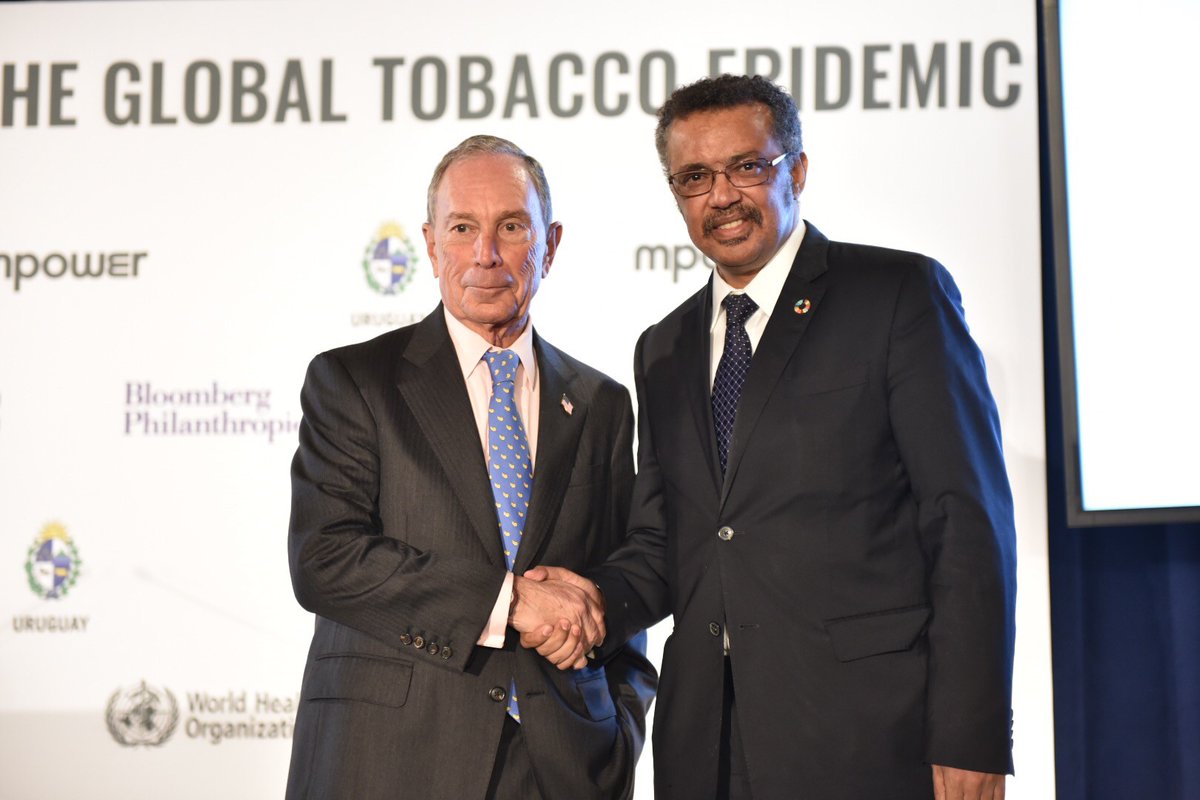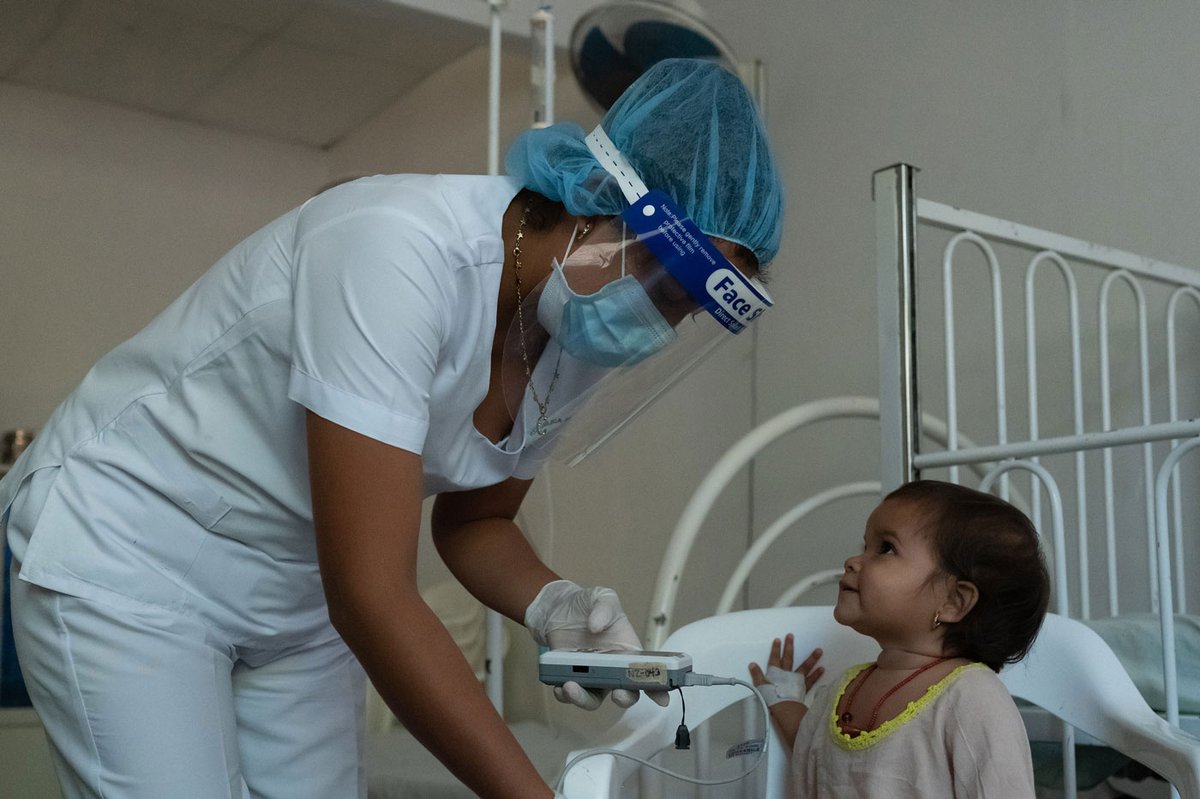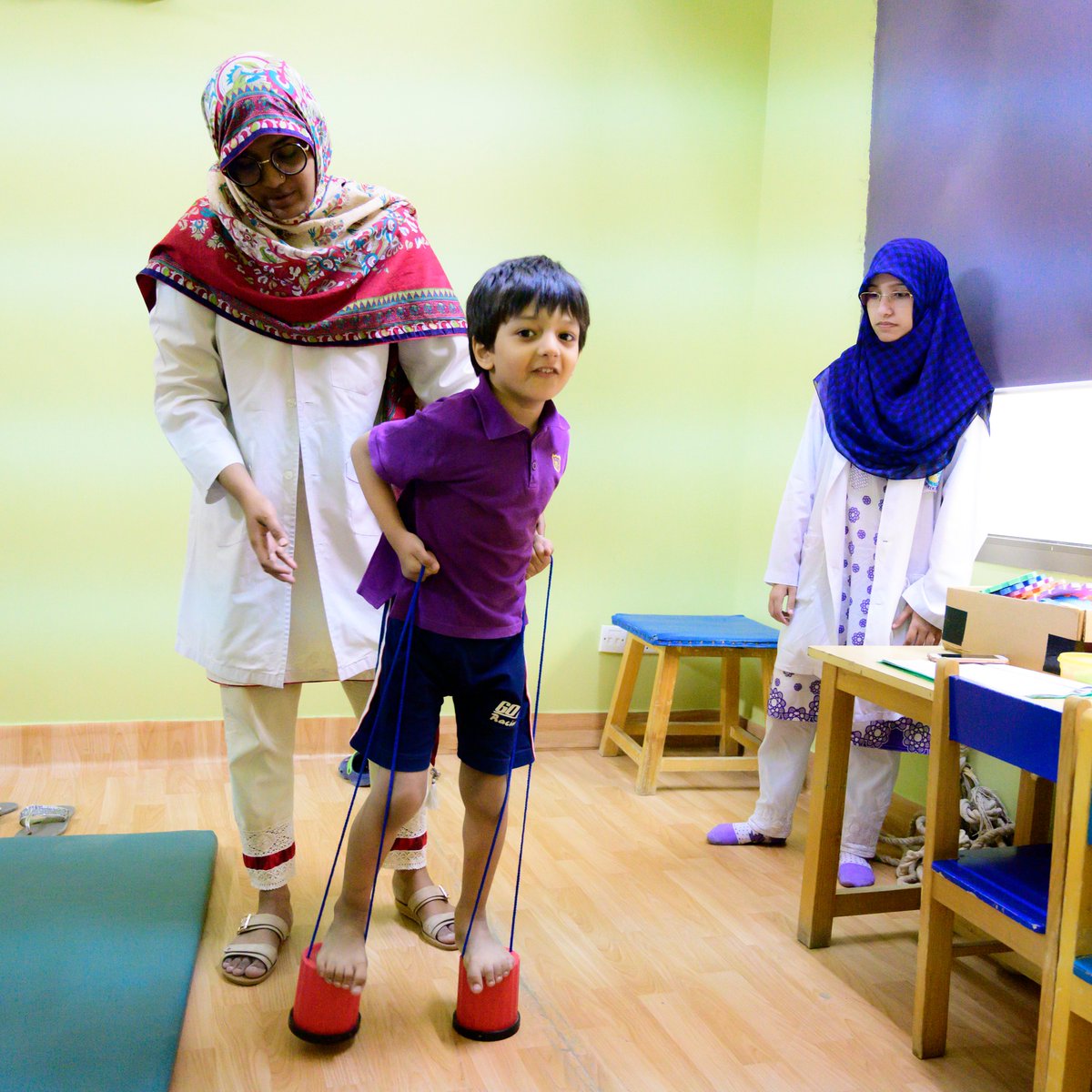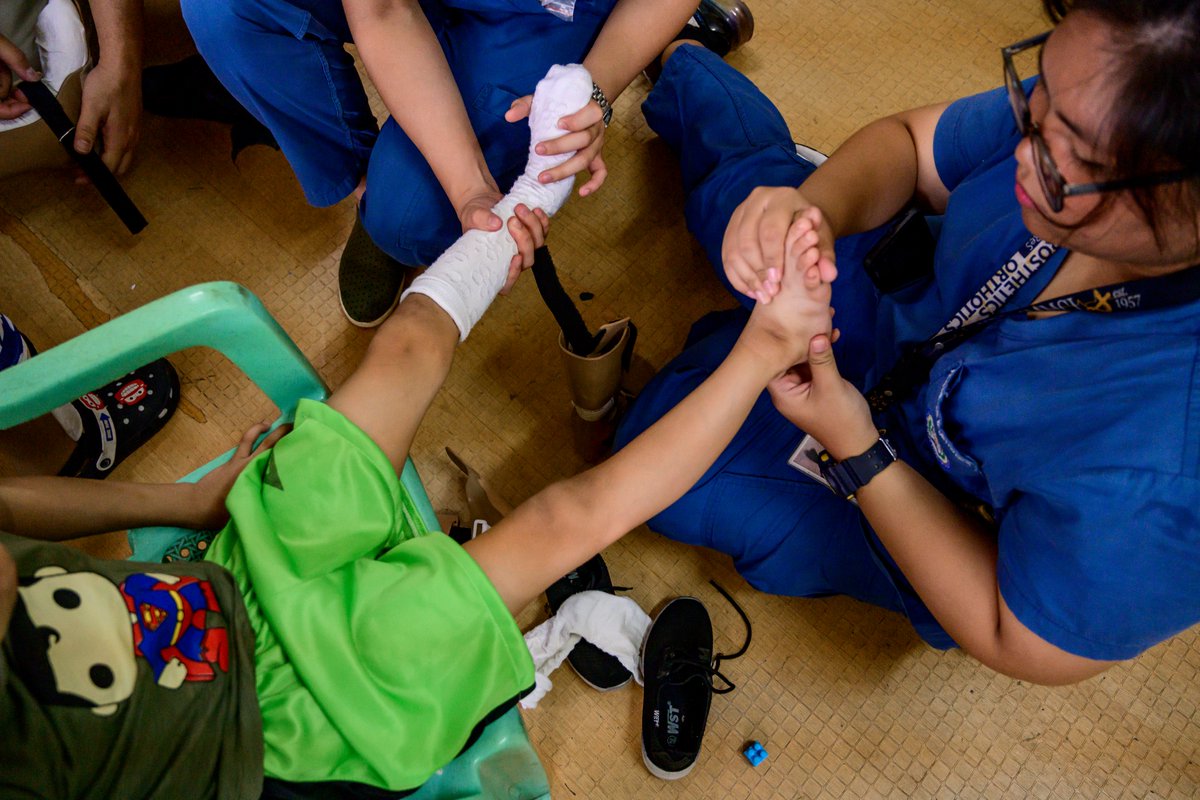
Today is #WorldCancerDay
Here are some ways to ↘️ your #cancer risk:
🚭 Don't use tobacco
🏊♂️ Exercise regularly
🍅 Eat healthy foods
☀️ Avoid strong sunlight for prolonged periods
🥃 Drink less alcohol
Let's beat cancer!
👉 bit.ly/39Mpg7X
Here are some ways to ↘️ your #cancer risk:
🚭 Don't use tobacco
🏊♂️ Exercise regularly
🍅 Eat healthy foods
☀️ Avoid strong sunlight for prolonged periods
🥃 Drink less alcohol
Let's beat cancer!
👉 bit.ly/39Mpg7X

It's #WorldCancerDay
#Cancer is on the rise ↗️ !
Almost 20 million people were diagnosed with cancer in 2020. Currently, 1⃣ in 5⃣ people worldwide 🌎🌍🌏 develop cancer during their lifetime.
👉 bit.ly/39Mpg7X
#Cancer is on the rise ↗️ !
Almost 20 million people were diagnosed with cancer in 2020. Currently, 1⃣ in 5⃣ people worldwide 🌎🌍🌏 develop cancer during their lifetime.
👉 bit.ly/39Mpg7X
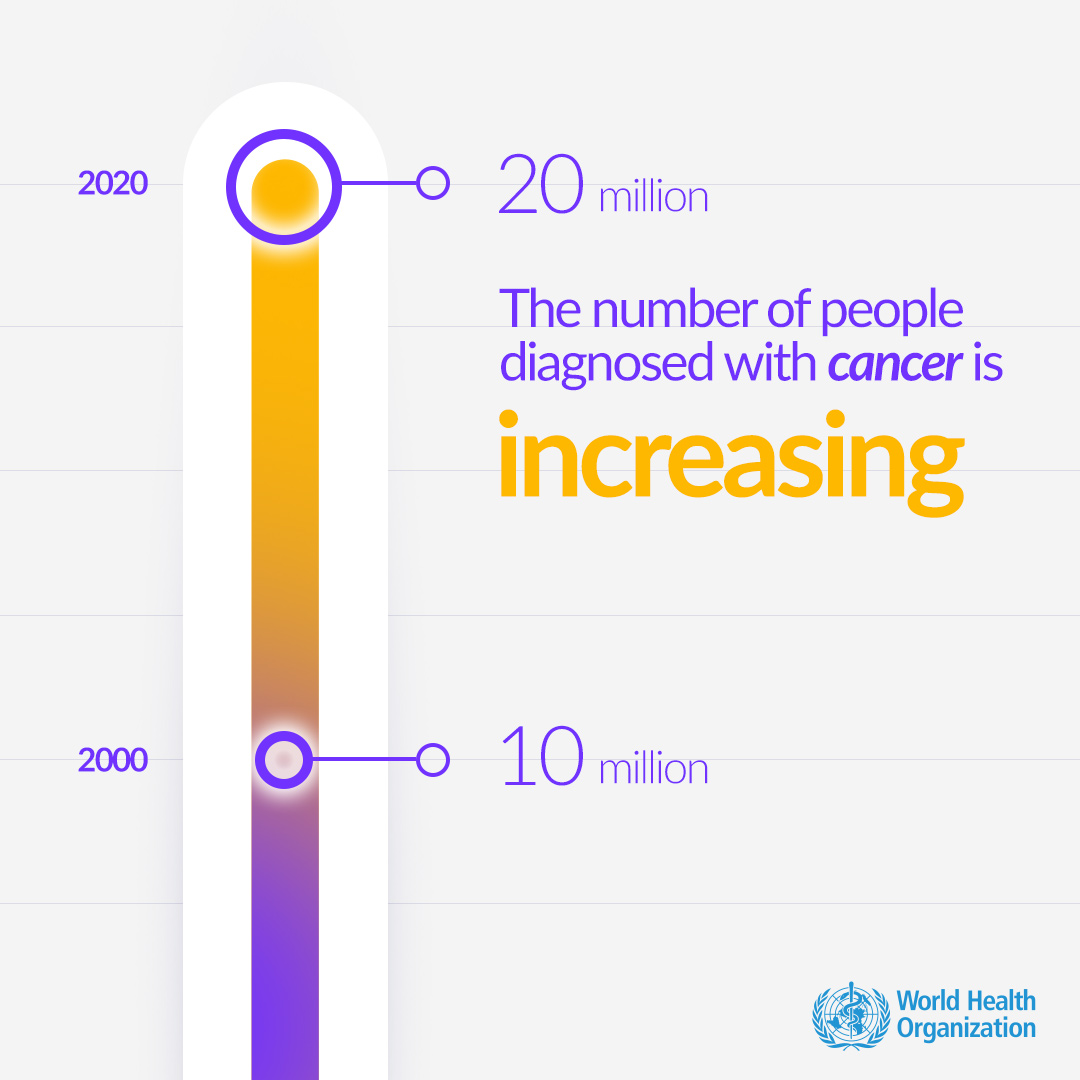
The most commonly occurring #cancer types worldwide 🌎🌍🌏 are:
🔸 Breast cancer: 12%
🔸 Lung cancer: 11%
🔸 Colorectal cancer: 10%
🔸 Prostate cancer: 7%
👉 bit.ly/2LnWRvO
#WorldCancerDay
🔸 Breast cancer: 12%
🔸 Lung cancer: 11%
🔸 Colorectal cancer: 10%
🔸 Prostate cancer: 7%
👉 bit.ly/2LnWRvO
#WorldCancerDay
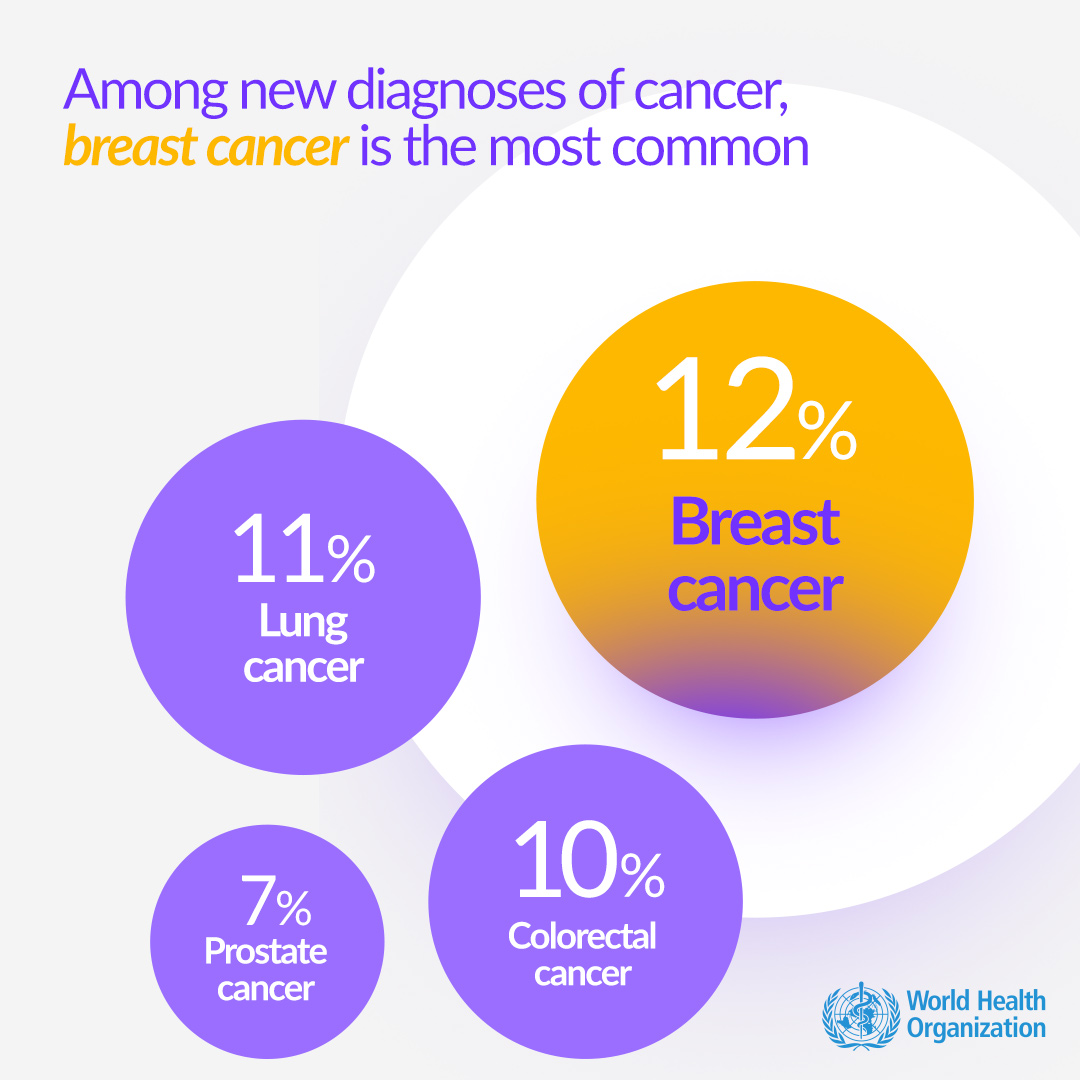
It’s #WorldCancerDay
#Cancer cases are increasing ↗️: In 2040, it is predicted that the number of new diagnoses of #cancer will be nearly 50% higher than in 2020. The greatest increases will be in low- and middle-income countries.
👉 bit.ly/39Mpg7X
#Cancer cases are increasing ↗️: In 2040, it is predicted that the number of new diagnoses of #cancer will be nearly 50% higher than in 2020. The greatest increases will be in low- and middle-income countries.
👉 bit.ly/39Mpg7X
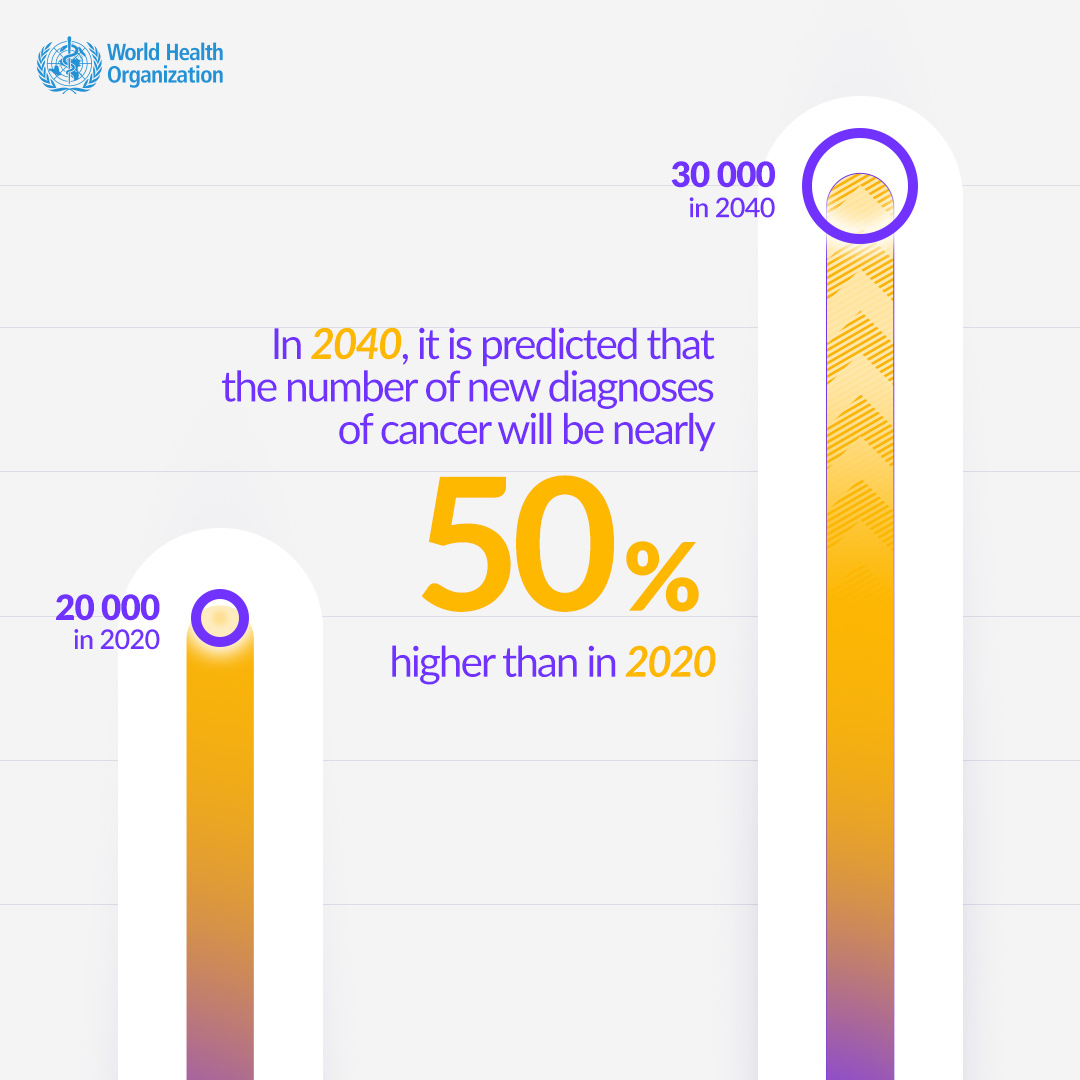
It’s #WorldCancerDay
Many cancers can be cured if diagnosed early and treated appropriately. Strengthening early diagnosis and increasing access to treatment improves the chance of survival for millions of people living with #cancer.
👉 bit.ly/39Mpg7X
Many cancers can be cured if diagnosed early and treated appropriately. Strengthening early diagnosis and increasing access to treatment improves the chance of survival for millions of people living with #cancer.
👉 bit.ly/39Mpg7X
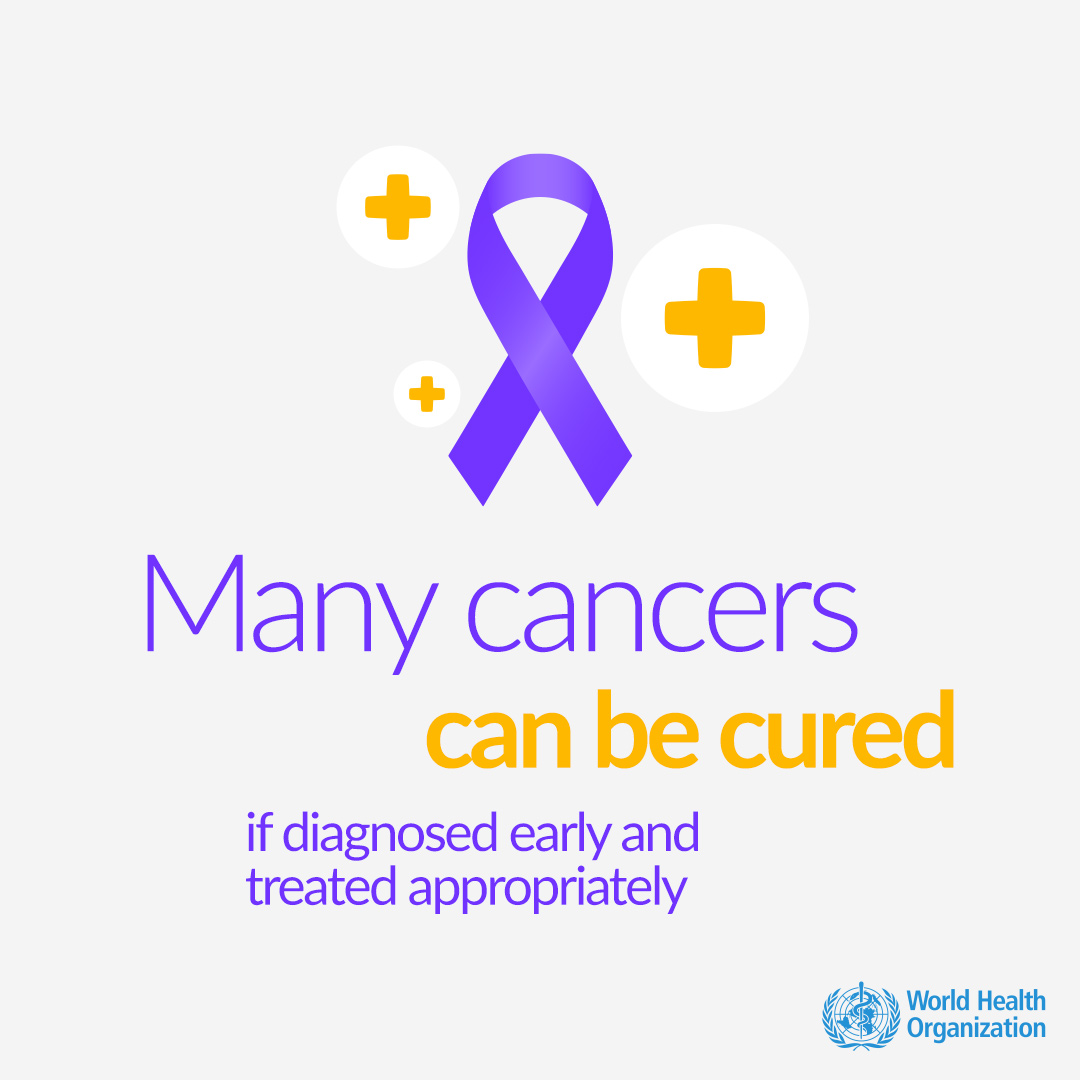
#VaccinesWork to help prevent #cancer:
✅ Human papillomavirus (HPV) vaccination to protect against cervical cancer
✅ Hepatitis B vaccination to protect against liver cancer
👉 bit.ly/39Mpg7X
#WorldCancerDay
✅ Human papillomavirus (HPV) vaccination to protect against cervical cancer
✅ Hepatitis B vaccination to protect against liver cancer
👉 bit.ly/39Mpg7X
#WorldCancerDay
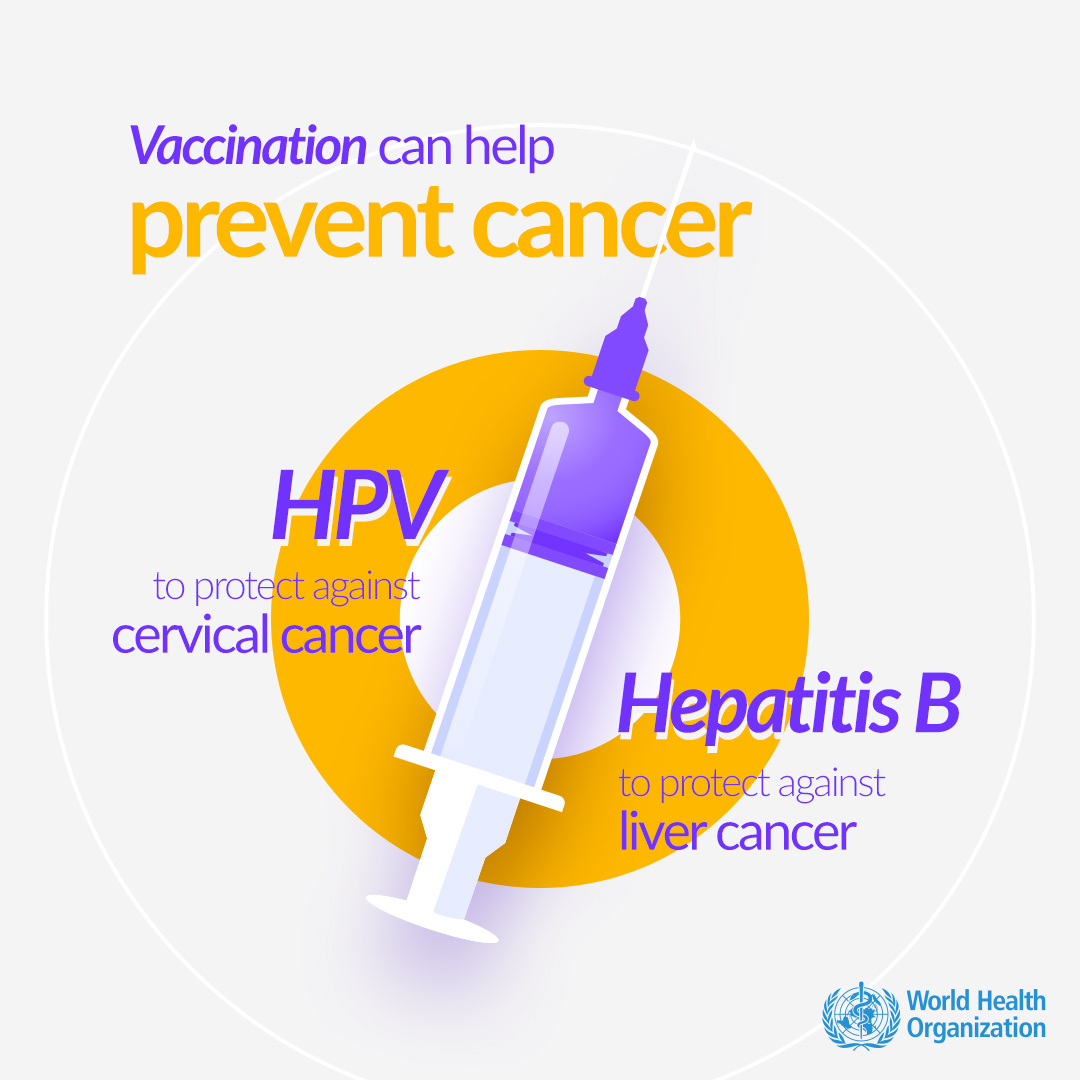
Cervical cancer could be the first #cancer EVER in the world 🌎🌍🌏 to be eliminated, if:
9⃣0⃣% of girls are vaccinated
7⃣0⃣% of women are screened
9⃣0⃣% of women with cervical disease receive treatment
#WorldCancerDay
9⃣0⃣% of girls are vaccinated
7⃣0⃣% of women are screened
9⃣0⃣% of women with cervical disease receive treatment
#WorldCancerDay
Over time, breathing in radon, a tasteless, colourless, odourless carcinogenic radioactive gas, ↗️ lung cancer risk. Residential radon exposure was estimated to have caused 84,000 deaths by lung #cancer in 2019
👉 bit.ly/3rmXCEw
#WorldCancerDay
👉 bit.ly/3rmXCEw
#WorldCancerDay
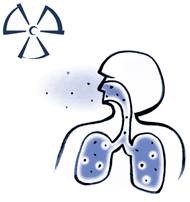
In some countries, radon exposure is a leading cause of lung #cancer, after smoking. More action is needed to ↘️ the impacts of this carcinogenic gas.
WHO launched the 🆕 radon database to provide ℹ️ on 🌐 efforts to protect health from radon exposure:
👉bit.ly/2LjulLL
WHO launched the 🆕 radon database to provide ℹ️ on 🌐 efforts to protect health from radon exposure:
👉bit.ly/2LjulLL

To help ↘️ the #cancer burden around the 🌐, WHO:
✅Monitors the cancer burden
✅Supports countries to screen for, diagnose and treat cancer
✅Identifies the most cost-effective strategies
✅Coordinates research and partner engagement
#WorldCancerDay
👉 bit.ly/39Mpg7X
✅Monitors the cancer burden
✅Supports countries to screen for, diagnose and treat cancer
✅Identifies the most cost-effective strategies
✅Coordinates research and partner engagement
#WorldCancerDay
👉 bit.ly/39Mpg7X
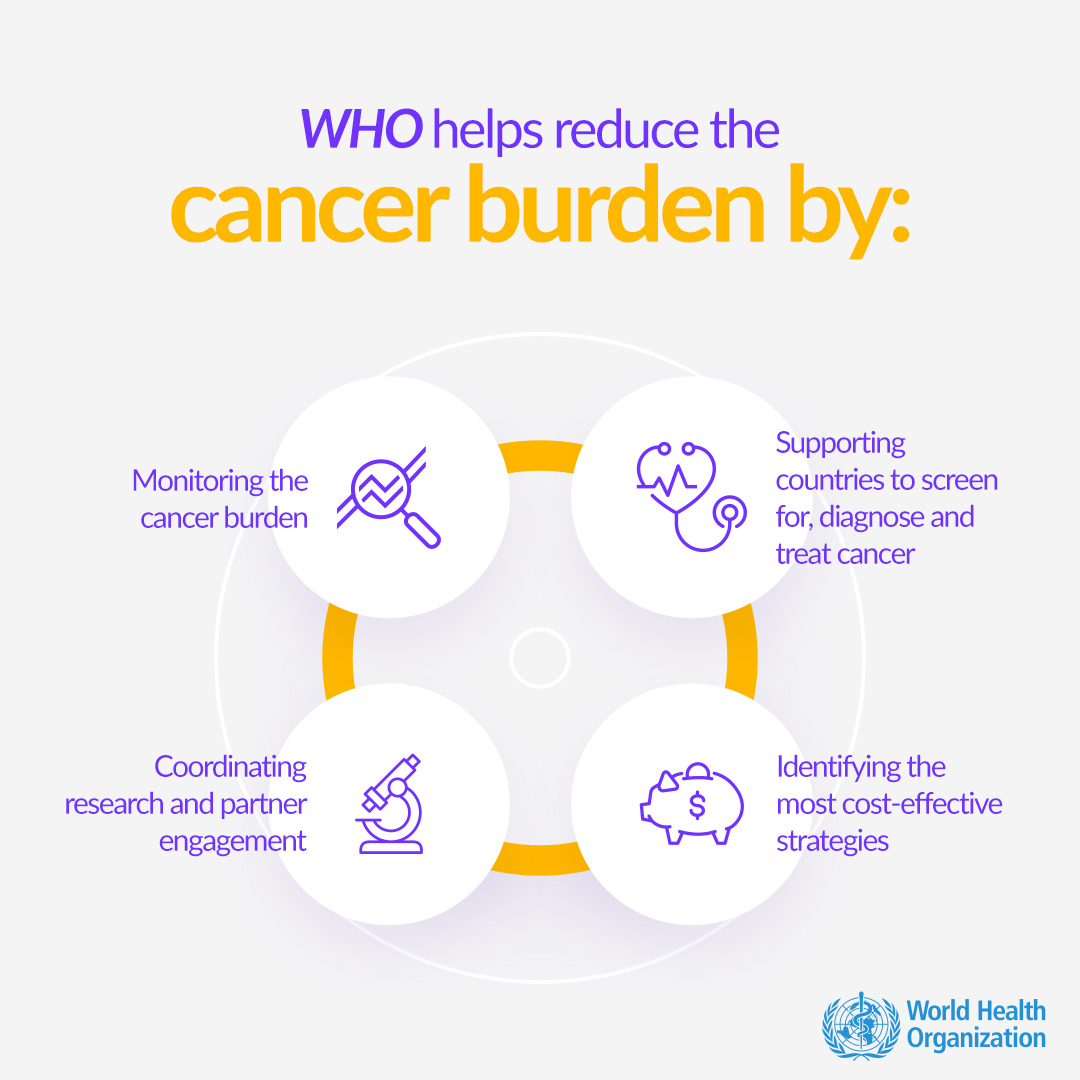
In 2021, WHO will launch a the global #BreastCancer initiative that aims to ↘️ deaths from breast #cancer by:
✅ promoting breast health
✅ improving early diagnosis
✅ ensuring access to quality cancer treatment
#WorldCancerDay
👉bit.ly/2LnWRvO
✅ promoting breast health
✅ improving early diagnosis
✅ ensuring access to quality cancer treatment
#WorldCancerDay
👉bit.ly/2LnWRvO
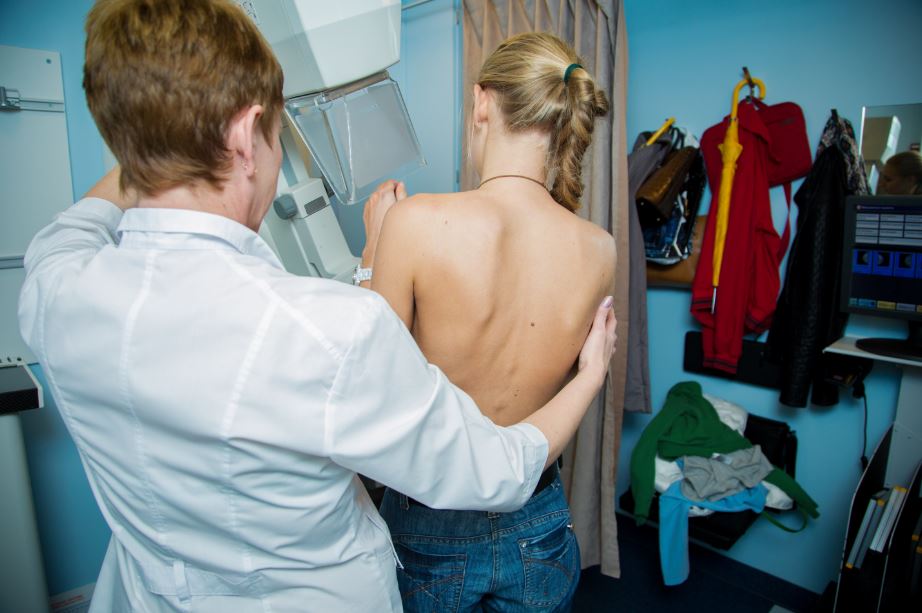
An estimated 2.3 million women were diagnosed with #BreastCancer in 2020. Among women, breast cancer is the most commonly-diagnosed #cancer and the leading cause of cancer death worldwide 🌎🌍🌏
#WorldCancerDay
bit.ly/2LnWRvO
#WorldCancerDay
bit.ly/2LnWRvO
#BreastCancer is increasing, particularly in low- and middle-income countries, where the majority of cases are diagnosed at a late stage. Early detection of #cancer greatly increases the chances for successful treatment.
#WorldCancerDay
👉 bit.ly/2LnWRvO
#WorldCancerDay
👉 bit.ly/2LnWRvO
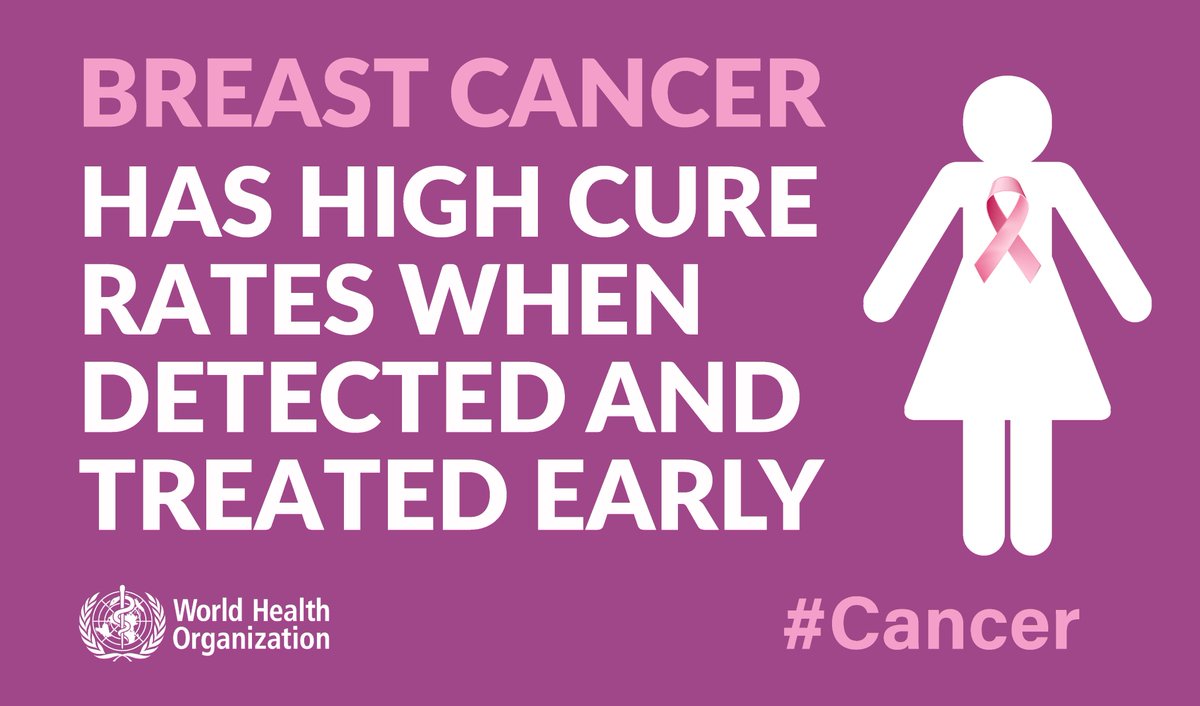
It's #WorldCancerDay
#Cancer is the second leading cause of death 🌎🌍🌏, responsible for 10 million deaths in 2020.
👉 bit.ly/39Mpg7X
Let's beat cancer!
#Cancer is the second leading cause of death 🌎🌍🌏, responsible for 10 million deaths in 2020.
👉 bit.ly/39Mpg7X
Let's beat cancer!
Before #COVID19, cancer treatment services were reported to be available in:
🔸 90% of high-income countries
🔸 30% of low-income countries
A survey conducted in 2020 indicated that treatment for #cancer had been disrupted in >40% of countries surveyed during the pandemic
🔸 90% of high-income countries
🔸 30% of low-income countries
A survey conducted in 2020 indicated that treatment for #cancer had been disrupted in >40% of countries surveyed during the pandemic
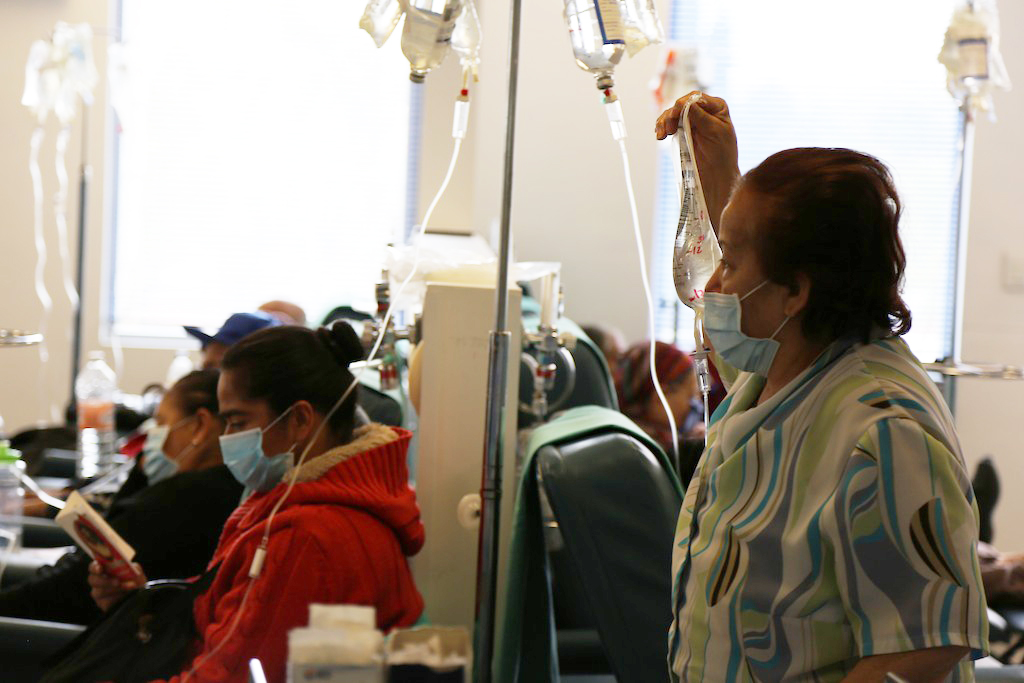
Currently, in most low- & middle-income countries, #cancer is diagnosed at an advanced stage, when treatment is generally less effective, more expensive & more disabling
👉 bit.ly/39Mpg7X
#WorldCancerDay
👉 bit.ly/39Mpg7X
#WorldCancerDay
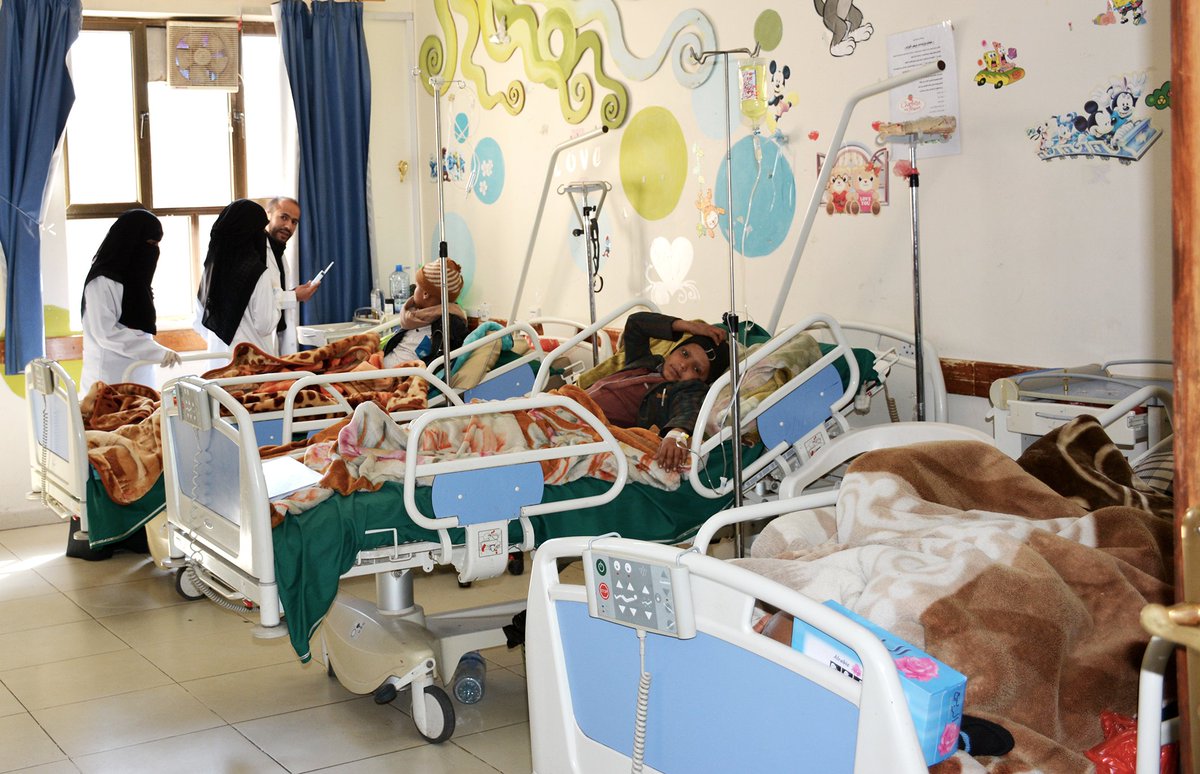
Most #cancer patients do not have access to palliative care, especially in low and middle-income countries, resulting in unnecessary suffering. Palliative care should be a priority everywhere and integrated into health care at all levels
bit.ly/39Mpg7X
#WorldCancerDay
bit.ly/39Mpg7X
#WorldCancerDay
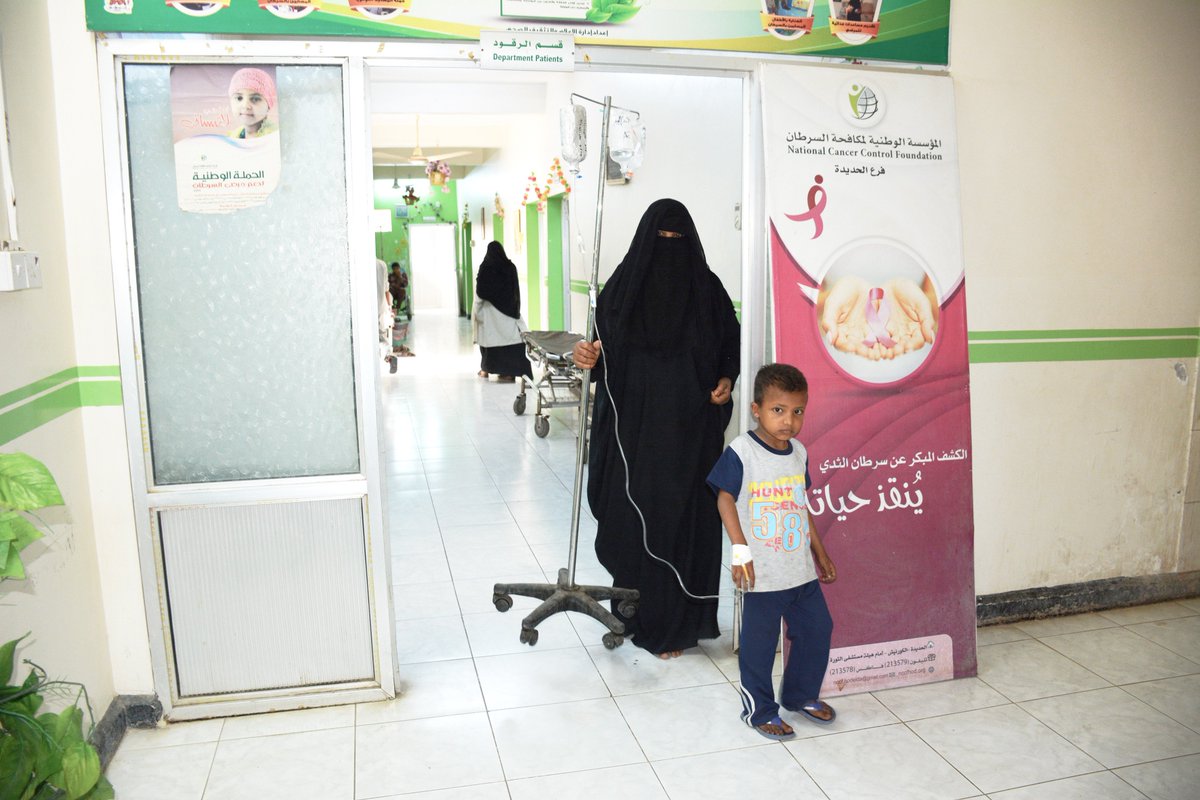
• • •
Missing some Tweet in this thread? You can try to
force a refresh

